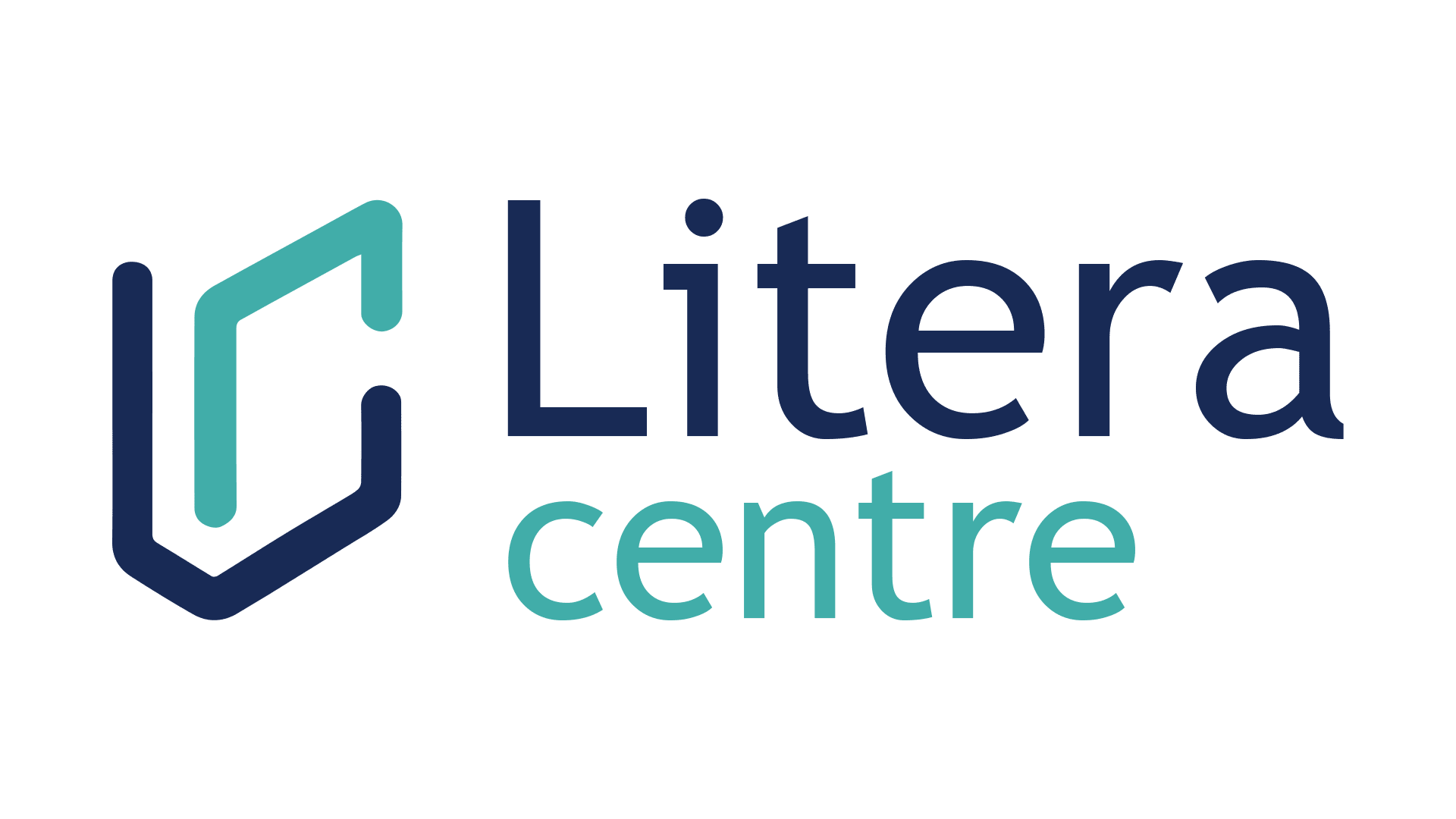The International Baccalaureate (IB) Economics exam is considered one of the more challenging subjects, but you can achieve a top score with the right approach and effective study strategies. You’re not alone if you’re wondering how to get a 7 in IB Economics. Many students strive to reach this coveted score, and with focused preparation, it’s achievable.
In this blog, we’ll break down the essential steps you can take to ensure you’re on the right track to securing a 7 in IB Economics. From understanding the syllabus to mastering exam techniques, let’s explore the strategies that will help you perform at your best.
Understanding the IB Economics Syllabus :

Before diving into the study tips, it’s crucial to understand the IB Economics syllabus thoroughly. The course is divided into three main sections: microeconomics, macroeconomics, and international economics, along with a focus on development economics. Each section has key concepts, theories, and real-world applications that you’ll need to understand in depth.
Familiarizing yourself with the syllabus allows you to prioritize your studies based on the weighting of each topic in the exam. For instance, microeconomics might require more emphasis on graphical analysis, while macroeconomics might focus on understanding broader economic policies. Knowing what to expect from each section helps you allocate your time wisely.
Mastering Economic Theories and Models :

One of the most important aspects of how to get a 7 in IB Economics is mastering the core economic theories and models. You’ll need to understand the fundamentals like supply and demand, market structures, national income, economic growth, and more. But it’s not enough to memorize definitions and equations – you need to know how to apply these models to real-world scenarios.
A good way to learn is by practicing real-life examples. For instance, when studying market structures, you can analyze the behavior of firms in different industries, such as how monopolies operate in contrast to perfectly competitive markets. This practical application will help reinforce your theoretical understanding.
Developing Strong Analytical Skills :

IB Economics requires knowledge and the ability to apply that knowledge critically. In the exam, you’ll be expected to analyze and evaluate economic issues, often with a focus on current events. Developing strong analytical skills is crucial for this.
To strengthen these skills, practice analyzing case studies and economic reports from reputable sources like The Economist, Financial Times, or World Bank. Try to identify key issues, potential solutions, and the economic implications of various policies. Developing this analytical mindset will give you the edge in applying your theoretical knowledge to real-world situations.
Practicing Past Papers and Mark Schemes :

One of the most effective ways to understand how to get a 7 in IB Economics is by practicing past exam papers. The IB exam structure remains relatively consistent, so solving past papers gives you a good idea of what to expect regarding question format and the level of detail required.
Developing a Structured Revision Plan :
A solid revision plan is key to achieving a top score. Organize your study schedule well in advance of the exam date, breaking down each topic into manageable chunks. Set aside dedicated time for each syllabus section and stick to your schedule. Consistent revision is essential for reinforcing concepts and avoiding last-minute cramming.
In your revision plan, make sure to include a mix of theory, case study analysis, and past paper practice. This approach ensures you are reviewing content and developing the practical application skills necessary for success.
Focusing on the Internal Assessment (IA) :
The final exam does not just determine your IB Economics grade – the Internal Assessment (IA) is another important factor. The IA accounts for 20% of your total grade, so giving it the attention it deserves is essential.
Your IA involves writing a commentary on an economic issue based on an article you find in the media. The key to a high mark here is selecting a relevant and interesting article, providing a thorough analysis, and ensuring you apply economic theory effectively.
Time Management During the Exam :

Effective time management is critical during the IB Economics exam. You’ll have a limited amount of time to complete multiple sections, so you must allocate your time wisely. A typical exam structure includes multiple-choice, short-answer, and data-response questions, followed by extended response essays.
The best approach is to first answer the questions you find easiest, leaving the more challenging ones for later. Always watch the clock to ensure you have enough time to answer each question in full.
Active Revision Techniques :
To truly excel in IB Economics, you need to engage with the material rather than passively reviewing it actively. Active revision methods, such as creating mind maps, flashcards, or summary notes, are incredibly effective for reinforcing key concepts.
You can also join study groups or online forums to discuss economic topics with your peers. Explaining concepts to others helps solidify your understanding and identify any areas where you might need further clarification.
Stay Informed About Current Economic Events :
An important part of how to get a 7 in IB Economics is staying updated on current economic events. The IB frequently draws upon real-world examples in its exam questions, so being aware of recent economic trends, policies, and issues will help you analyze.
Conclusion :
Achieving a 7 in IB Economics is not impossible but requires a disciplined and strategic approach. Understanding the syllabus, mastering economic models, practicing past papers, and honing your analytical skills can significantly improve your chances of success.
If you’re looking for expert support to reach your IB goals, Litera Centre offers personalized IB Economics online tutoring with experienced tutors who can guide you every step. With tailored lessons, exam strategies, and ongoing support, Litera Centre can help you achieve the 7 in IB Economics that you’ve been working for. Start your journey today with Litera Centre and unlock your full potential!
Reference:





